« We realize that what we are doing is just a drop in the ocean.
But if this drop did not exist in the Ocean, it would be missing ».
Mère Teresa
“The universal situation, as the planet becomes an oven, deserves a paradigm shift”. August 28, 2018. Nicolas Hulot, then Minister for the Ecological and Inclusive Transition, is leaving the Philippe government, with the hope that companies “find themselves in the essentials”.
On March 5, 2020, France exhausts its CO2 quota for the year (according to the carbon neutrality target set for 2050 by the Paris Agreement). On May 6, at the dawn of deconfinement and through his Foundation, Nicolas Hulot deploys “100 principles to share” to create collective momentum.
The health crisis we are experiencing puts political organizations in front of their responsibilities. Initiatives are multiplying but are not imposed: decisions must be up to the stakes and our systemic problems.

Commitments that are no longer enough
“For the first time in human history, our survival depends on our thinking about the consequences of our choices for the future on a global scale. All life on Earth is in danger because of our ignorance and inaction”, says Gunter Pauli, writer, speaker, and instigator of the blue economy in The Blue Economy 3.0 *.
Over the past 20 years, there have been many political advances, but they are no longer sufficient. 2001 saw the birth of the NRE law, obliging the 700 largest listed companies to report on their social and environmental impacts: it was the beginning of the CSR strategy, the time when we became aware of the resources required for the economic development. In 2002, Jacques Chirac warned “Our house is on fire and we are looking elsewhere”, from the Johannesburg Summit. The words “sustainable development” are beginning to take hold of the public debate.
The Paris Agreement was held in December 2015 and the One Planet Summit was born in its lineage, two years later, bringing together 4000 participants for the 1st summit. Objectives: more commitments and a joint mobilization of all actors in public life and the economic world to achieve the objectives of the Paris Agreement. It brings together 12 major commitments, including the move towards non-polluting transport, a major source of greenhouse gas emissions, with the livestock industry and the textile industry. 48 countries have pledged to reduce their emissions by 50% by 2050 in maritime transport, for example.
A dreaded specter
States have proven they can do it. And quick. "The day after, when we win, will not be a return to the day before," said Emmanuel Macron, March 16, 2020, the day before the first day of confinement. However, today, we are seeing an offensive by lobbies, when the time has rightly come to move towards a low carbon economy: “It is not a question of falling back into support for activities that emit the most greenhouse gases. greenhouse, which will only exacerbate the climate risk ”, specifies the Climate Action Network in a note published in mid-April 2020.
The world's five largest private oil companies, BP, Chevron, ExxonMobil, Shell and Total and organizations representing the fossil fuel sector, spent more than 250 million euros between 2010 and 2018 lobbying the European Union. “This is part of a chronic attitude of the fossil fuel industry, which is doing everything to delay, weaken or torpedo much needed climate action,” explains Pascoe Sabido of Corporate Europe Observatory.
The experts: the new political actors ?
Public policies, companies, banks, lobbies, citizen, who impacts the other? Jean-François Galloüin, professor at École CentraleSupélec and at Essec, responsible for a Specialized Master in “Centrale Essec Entrepreneurs”, founder and former manager, wonders: “This is a very complicated question. Everything is nested. The political actor is the chosen one. But who is behind the Law? This is the citizen. However, citizens are consumers. Of course, companies can influence, guide, but they remain plugged to the consumer”.
For Romain Pillard, navigator, fervent defender and promoter of the circular economy: “The legislator does not go far enough yet. We cannot manufacture something without offering a tracing, an opportunity to keep an exchange with the manufacturer, to extend the lifespan, to recycle it, etc. The impact of a project is calculated from the start, when it is created ”.
The integration of climatic and environmental criteria has become a sine qua non for the emergence of new policies. Hybrid, multi-actor projects, necessary to break down the silos, are flourishing: the academic, scientific, industrial and state universes need to find a common language. Alain Renaudin, a figure of biomimicry in Europe, agrees with this, explaining recently to BaseX: “It is obvious that political actors and companies must work together. While the political sphere has the power to legislate, major expert bodies such as the IPCC, IPBES (Intergovernmental Science-Policy Platform on Biodiversity and Ecosystem Services), must increasingly become political actors , in the noble sense, managers of the common good ”.
IPBES, an independent intergovernmental body created in 2012, provides decision-makers with objective scientific assessments of the state of knowledge on the planet's biodiversity, drawn from all scientific disciplines and knowledge communities, offering data for public policies. , thus accelerating their implementation (government, private sector and civil society). The Intergovernmental Panel on Climate Change (IPCC), for its part, assesses the state of knowledge on climate change, its causes and impacts and identifies ways to limit the extent of global warming and adapt to expected changes. For the maritime world specifically, the French Research Institute for the Exploitation of the Sea (Ifremer), a public institution operating under the supervision of the Ministry of Ecological and Solidarity Transition and the Ministry of Higher Education and Research, is implementing the “Why not the abyss?” project, which will generate a great deal of new knowledge on marine biodiversity.
The importance of citizen movements
December 2018. 4 organizations for the protection of the environment and international solidarity then sued the French State before the Administrative Court of Paris for inaction in the face of climate change: Notre Affaire à Tous, the Nicolas Hulot Foundation for Nature and the 'Homme (FNH), Greenpeace France and Oxfam France. Goal ? Have the judge recognize the state's obligation to act to limit global warming to 1.5 ° C. It’s “The Deal of the Century”. 1 million signatures collected in less than 48 hours. The petition currently has 2,303,671 signatories and is part of a global dynamic, where citizens no longer hesitate to take legal action (leverage for action) so that fundamental rights are guaranteed in the face of climate change. Yes, the power is also in our wallet, in our plate, in our words. In our choices.
*The Blue Economy 3.0, Gunter Pauli, Editions de l’Observatoire, 2019.
Alexandra Corsi Chopin



